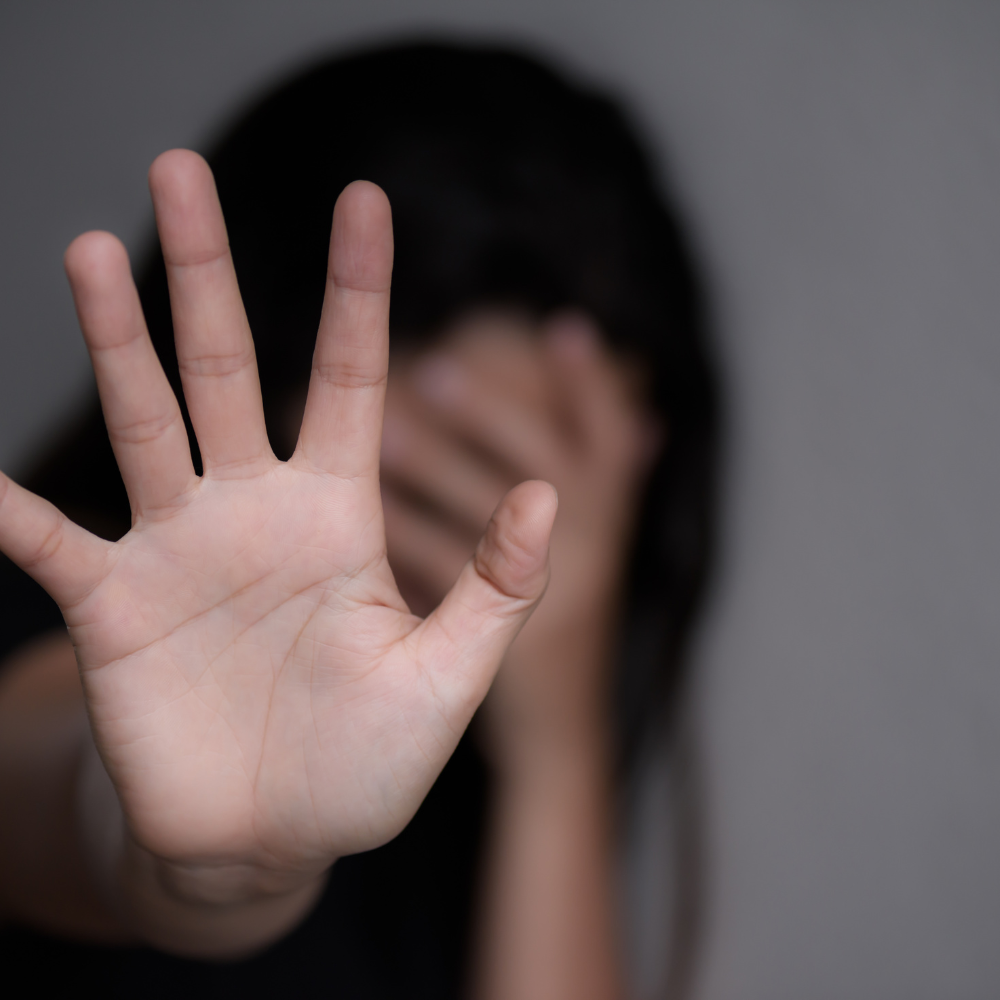
Japanese lawmakers have introduced the country's first regulations criminalizing the unauthorized photography or filming of someone for sexual purposes. Legislation targeting "photo voyeurism" would make it illegal to secretly film or photograph private sexual behaviors like upskirting.
These criminal cases had previously been tried under the jurisdictionally limited statutes of individual prefectures. The definition of rape will be broadened as part of a larger revamp of sex crime legislation in Japan, which this measure is a part of. Without the subject's permission, you cannot take, share, or even keep photos of their privates.
In addition, it makes it illegal to take pictures of anyone who has been forced into sexual postures. The bill specifically outlaws the sexualization of minors in cinema without justification.
In Japan, it is common practice to depict juvenile models, particularly girls, in a sexually suggestive manner. Some models have been asked to pose for campaigns wearing nothing but lingerie or swimwear. Prison terms of up to three years and/or fines of up to three million Japanese yen (£17,500; $22,000) would be imposed on offenders.
It is anticipated that the reforms would be approved in June of this year. It's a response to the public's growing demand for stricter regulations against crimes made possible by mobile phone photographs.
More than 5,000 people were arrested by Japanese police in 2021 for illegal photography, which is roughly three times as many as were apprehended in 2010. According to a March poll by a national aviation labor organization, over seven in ten Japanese flight attendants have reported being the subject of a covert photo shoot.
Most Japanese smartphone makers have already included audible shutter sounds on their products to deter covert filming. Japanese police made over 5,000 arrests in 2021 for illegal photography, a record high and roughly three times as many as in 2010.
To prevent covert filming, most Japanese smartphone makers have already implemented loud shutter sounds.
Local media reports indicate that athletic event photos of athletes have been inappropriately used for sexual and other nefarious ends. However, this conduct is not dealt with directly in the proposed legislation. There is anti-voyeurism legislation in several Asian countries, but their implementation varies widely.
Those found guilty of secretly filming images of a sexual nature in South Korea face a maximum prison sentence of five years and a fine of up to 10 million won (£6,000; $7,500).
Yet, according to the Korean Women Lawyers Association, only 5% of 2,000 cases involving illegal filming that were brought to court between 2011 and 2016 resulted in jail time.
Voyeurism is punishable by up to two years in prison, fines, caning, or any combination thereof in Singapore. Involving minors under the age of 14 in voyeurism will result in mandatory prison time, fines, and caning.
A Japanese government panel recommended increasing the age of consent from 13 to 16 in February of this year. The time restriction for reporting a rape will increase from 10 to 15 years.
The proposal from the government would also make it a crime to groom minors and would broaden the legal definition of rape. The Japanese legal age of consent is currently the lowest among industrialized nations and among the Group of Seven.



